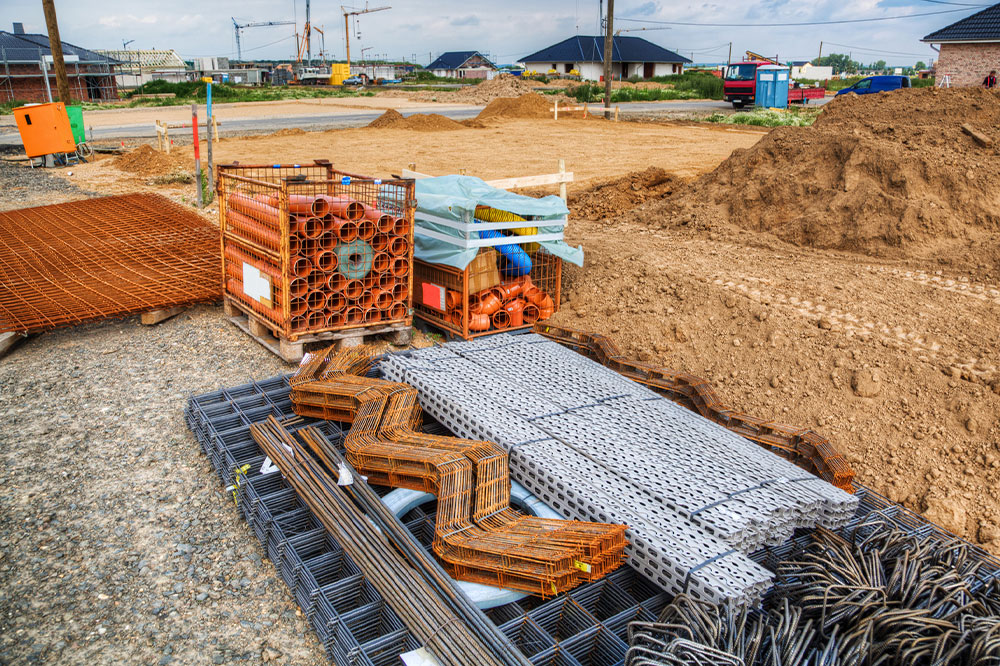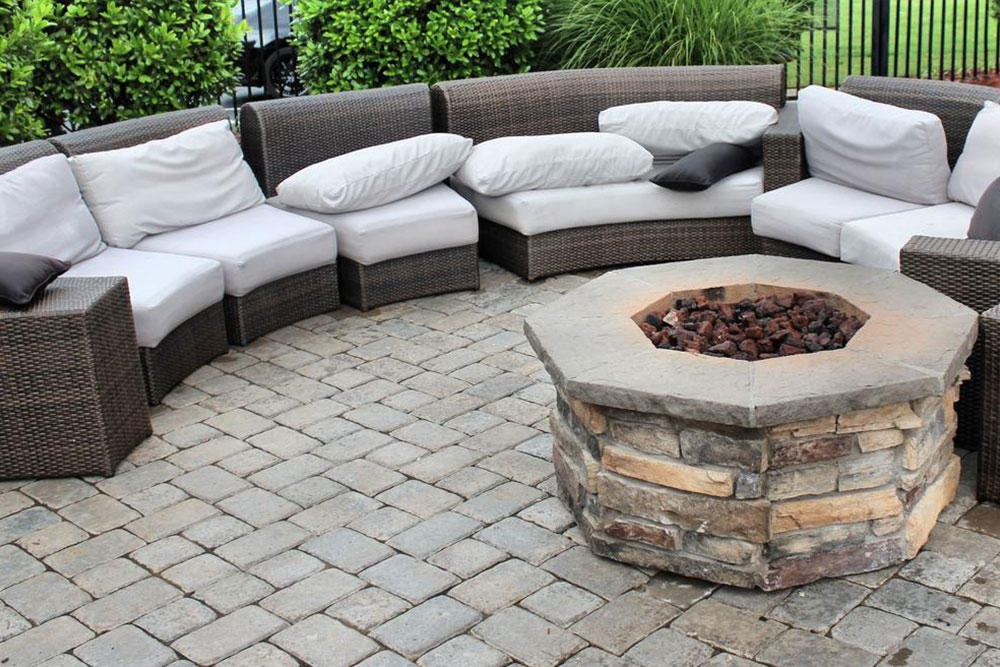Top 8 Essential Construction Materials and Supplies
Explore the top eight essential building materials crucial for construction projects, including concrete, steel, wood, stone, bricks, plastic, glass, and mortar. These materials form the backbone of modern building infrastructure, ensuring strength, durability, and aesthetic appeal. Understanding their properties and applications helps in making informed choices for construction quality and longevity.
Sponsored

In 2020, the nationwide sales of building materials reached approximately $368.5 billion, reflecting growing demand for residential, commercial, and infrastructure projects. Different construction types require various materials, but some are universally used across projects. Here’s a list of the most common construction materials and supplies in the industry.
Concrete
Concrete remains a fundamental material, vital for foundations, structural frameworks, bridges, sewage systems, and culverts. Composed of aggregates and water, it cures over about a week. Reinforced concrete, embedded with steel, enhances strength and versatility by allowing pourable, shapable forms that become durable once set.
Steel
Derived from iron and carbon alloys, steel is a cost-effective and easy-to-ship material. Its high tensile strength maintains building integrity, especially for skyscrapers. Steel is also used in roofing, cladding, staircases, and handrails. Proper installation prevents corrosion, ensuring long-term durability across structures.
Wood
One of humanity’s earliest building materials, wood is appreciated for its durability and ease of shaping. It pairs well with other materials like marble, steel, and aluminum, making it versatile for applications like insulation, doors, windows, flooring, and wall paneling.
Stone
Known for its longevity, stone has been used since ancient times. Variations such as marble, granite, and sandstone are favored for their durability and aesthetic appeal. In construction, stone is used for walls, flooring, countertops, and as aggregates or ballast in other structural uses.
Bricks
Recognizable by their rectangular shape, bricks are essential in wall and foundation construction. Modern bricks are made from clay or concrete, reinforced with steel, offering high load-bearing capacity and durability.
Plastic
Various plastics like PET, PVC, and polystyrene are widely used for pipes, cables, panels, and sheets. Their resilience to heat and ability to recycle make plastic materials versatile and cost-effective in construction.
Glass
Primarily used for windows and decorative façade elements, glass allows natural light to penetrate buildings. It’s also used in large panels for skyscrapers and architectural features, enhancing aesthetics and energy efficiency.
Mortar
This paste acts as an adhesive and sealant for bricks and stones. Commonly made from sand, water, and cement (OPC), mortar ensures structural stability and gap sealing in masonry work.
Using high-quality building materials is critical for ensuring the longevity and safety of structures. Consult with your contractor to select durable options that offer long-term savings by reducing maintenance costs.





